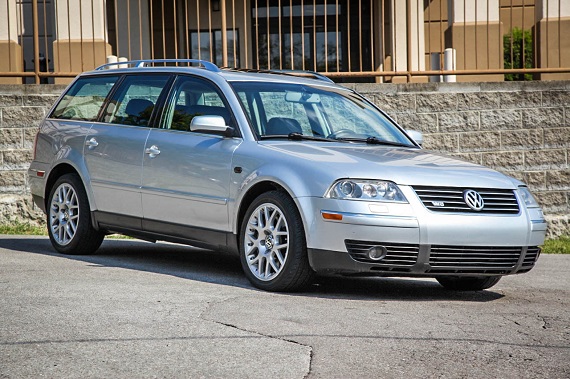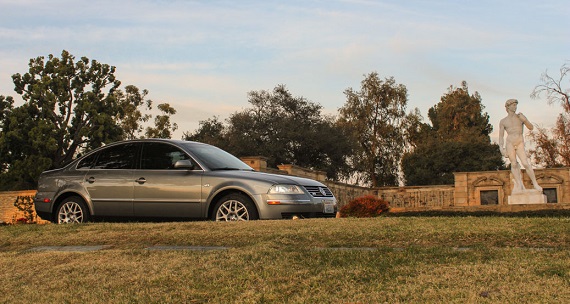I always get a bit of a chuckle at the keyboard warriors who love to denigrate manufacturers for not offering the full European catalog to U.S. customers. Really, you’d buy a RS6 Avant if it was offered here? You and what bank account, Mr. Sittinginhisrentedapartmentstealinginternetfromtheneighbors? Manufacturers need to live in the real world, and in the real world of the United States, while there is in fact a market who would purchase top-tier cars like the RS6 Avant, the reality is that the vocal majority of enthusiasts barking about how they’d snap them up like hotcakes would – at best – be hoping to buy a lightly used one downstream. At worst, these super wagons would only become affordable after ten years, at which point their complicated systems would render ownership prohibitively expensive for most. So, they kick tires, simultaneously ruing that such options aren’t available to them while secret thankful that they don’t have to put their money where their mouths are. We don’t have to look back far to find why this market departed the U.S., because when we were afforded the option to buy these cars, we found them unaffordable. Witness the very expensive W8 4Motion Variant 6-speed:
Tag: Madras
The main problem for the Volkswagen Passat W8 4Motion Variant is the plethora of other very capable all-wheel drive wagons that ran alongside it. Scratch that. The main problem for the Volkswagen Passat W8 4Motion Variant is that it’s just too damn complicated for its own good. On paper, an 8-cylinder, 270 horsepower all-wheel drive Passat just sounds damn cool. You could even get it with a 6-speed manual, if you could find one. If optioned correctly, the W8 had some pretty trick BBS-made “Madras” 2-piece wheels too, just like the ones we see here. But VAG designs from the early 2000s had a tendency for complicated engineering for complicated engineering’s sake, and it doesn’t get a whole lot more complicated than the timing chain routes on the back of VAG motors. That’s right, the back. Because, of course, if you put a timing chain in, you don’t need to ever service it, right? In the quest for greater performance and numbers, we stumbled through a looking glass of complexity that has rendered an entire generation of cars so massively over-engineered relative to their specific output that it simply makes no sense to even briefly contemplate their ownership:








